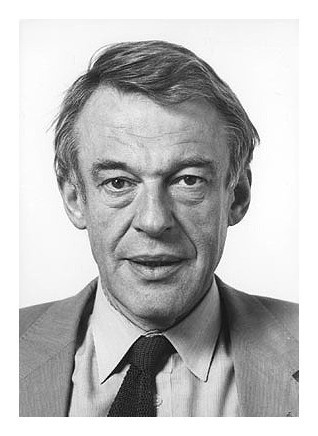As the poster for 1982’s action epic Megaforce had it. A motto a certain breed of liberal Biden defender and Democrats stan should adopt, as even now they keep putting more value on what’s being said than what’s being done. Throughout the genocide in Gaza I ran into people who took what Biden was saying at face value while refusing to take his actions into account. If Biden said he was working on a peace plan that must be true and that means you can ignore him sending more bombs and weapons to Israel and still vote for Harris. The mantra for anybody who argued against this was that “Trump would be worse” while Gaza was flattened and tens of thousands were murdered. A complete refusal to accept what a Democratic president was perpetrating in reality justified with a hypothetical. Instead of putting pressure on the Democrats to stop the genocide, this type of liberal rather spent their time scolding strangers online for not believing enough in what’s in Biden’s heart.
What frustrated me in this is not even that these people were comfortable having the genocide in Gaza as the price to pay for their own safety, but their refusal to admit that this was what they were doing. Plenty of Democratic voters were both revulsed by their party’s ongoing support for genocide yet still felt compelled to vote for them considering what Trump had in store for America. So many people I talked to in the run up to the election felt helpless and frustrated because of this. But not these people. Even as Trump got Netanyahu to (temporarily) end the genocide, they still put more stock in what he’s saying than in what he’s doing, as with his recent remarks on wanting to remove all Palestinians from Gaza.
This for them is supposed to prove once and for all that Trump is worse than Biden, that they were right to not protest and that those who did were handing Trump the election. Unfortunately, even on their own terms this does not hold water, because Biden too talked about evacuating Gaza:
The plan to empty Gaza of Palestinians—while insisting that it’s a temporary measure for their own good—is an eerie echo of former President Joe Biden’s approach to the region. In the first few days of the war, the Biden administration tried to push Egypt to accept a mass exodus of Palestinians. Bringing up that possibility again, now that the bombs have stopped dropping, is seen by both Arab and Israeli figures as an attempt to restart the war.
Yes, in Biden’s case this was supposed to be temporary and for humanitarian reasons, but that’s the case for Trump too. Trump talked about how Gaza is “literally a demolition site right now, almost everything is demolished and people are dying there” as his justification and Biden’s argument was little different. It makes some sense to evacuate and individual Palestinian families have chosen exile over remaining in a war zone, but does anybody really expected Israel to allow them to return once they left? Even if done for different motives, the end result in both cases would be the same, an emptied Gaza with its population in permanent exile as Israel would never let them return. After all, they haven’t allowed the 1948 refugees to return either.
